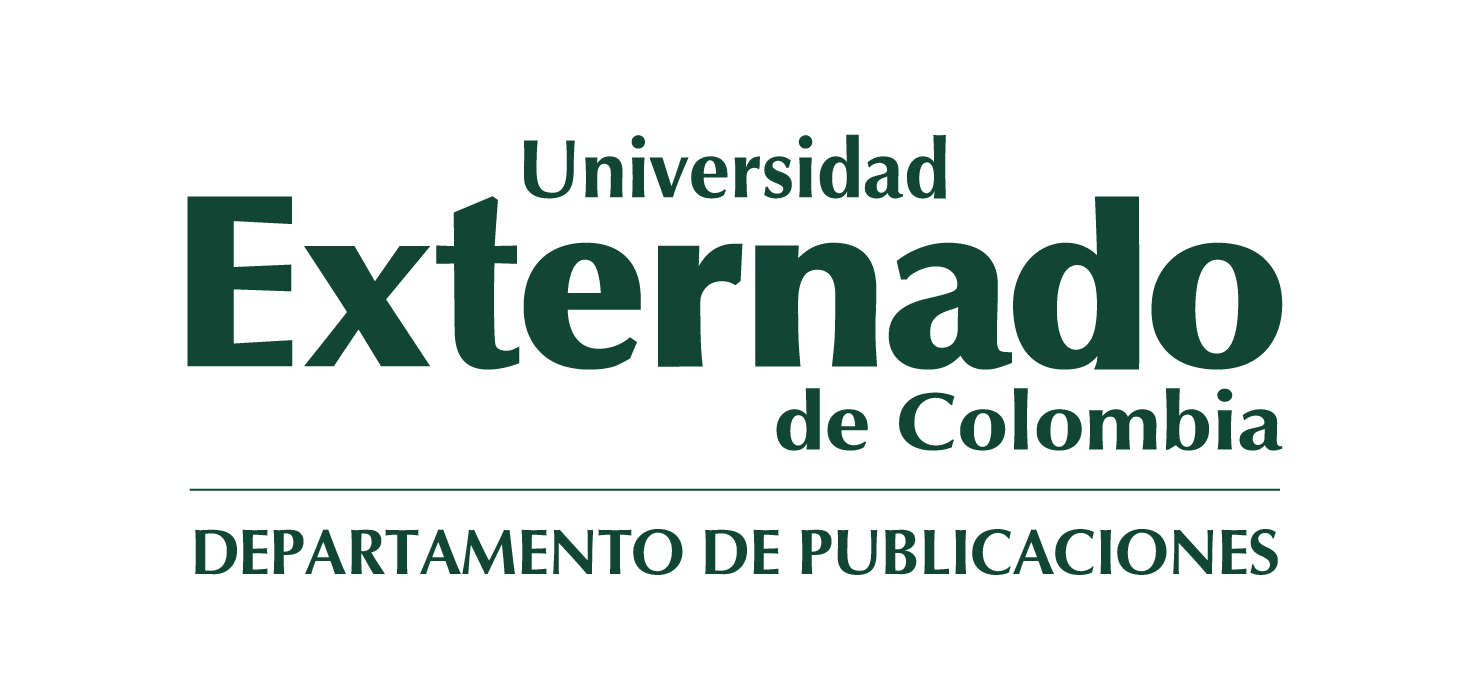Las democracias liberales se caracterizan por la multiplicidad de voces, el pluralismo y la diversidad, lo que hace inevitable la aparición de los conflictos y la necesidad de abordarlos de manera satisfactoria. El argumento central de este libro es que una sociedad con individuos que tienen mejores capacidades de tratar sus conflictos es esencial para la defensa de la democracia.
Cada negociación, en su singularidad, deja una serie de aprendizajes que pueden ser de utilidad para abordar otras situaciones presentes y futuras. Experiencias prácticas y desarrollos teóricos tienen un amplio potencial en brindar luces para conducir procesos, que según su nivel de complejidad, pueden encerrar la posibilidad de desactivar conflictos de difícil manejo o, por el contrario, contribuir a su perpetuación y posible escalamiento.
A partir de la discusión sobre desarrollos teóricos y el estudio de casos prácticos de negociación, este libro reúne a 16 expertos con el propósito de ofrecer herramientas a la ciudadanía que contribuyan a mejorar sus capacidades para el tratamiento de conflictos.
Liberal democracies are characterized by the multiplicity of voices, pluralism and diversity, which makes the appearance of conflicts and the need to address them satisfactorily inevitable. The central argument of this book is that a society with individuals who have better capacities to deal with their conflicts is essential for the defense of democracy.
Each negotiation, in its uniqueness, leaves a series of lessons that can be useful to address other present and future situations. Practical experiences and theoretical developments have ample potential in providing light to guide processes, which, depending on their level of complexity, may contain the possibility of deactivating conflicts that are difficult to manage or, on the contrary, contribute to their perpetuation and possible escalation.
Based on the discussion of theoretical developments and the study of practical negotiation cases, this book brings together 16 experts with the purpose of offering tools to citizens that contribute to improving their capacities for dealing with conflicts.
CONTENIDO
PRÓLOGO 13
PARTE I: APROXIMACIONES TEÓRICAS A LA NEGOCIACIÓN 17
INTRODUCCIÓN. CONFLICTO, NEGOCIACIÓN Y DEMOCRACIA 19
Julián Arévalo
NEGOCIACIÓN EN LA TEORÍA ECONÓMICA Y EN OTRAS ÁREAS DEL CONOCIMIENTO 41
Julián Arévalo
DIGNIDAD COMO ELEMENTO ESENCIAL EN UNA NEGOCIACIÓN: TEORÍA Y TRES ESTUDIOS DE CASO 79
Julián Arévalo, Julio Daly y Andrea García
PARTE II: ESTUDIOS DE CASO DE NEGOCIACIÓN 111
CONSTRUIR CONFIANZA Y HONRAR LA DIGNIDAD: ANÁLISIS DEL ACUERDO SOBRE REFORMA RURAL INTEGRAL EN LA NEGOCIACIÓN DEL GOBIERNO DE COLOMBIA CON LAS FARC 113
Andrés García Trujillo
UNA PAZ COLABORATIVA: ANÁLISIS DE ALGUNAS PRÁCTICAS DESARROLLADAS DURANTE EL PROCESO DE PAZ ENTRE EL GOBIERNO DE COLOMBIA Y LAS FARC A PARTIR DE DOS MODELOS DE NEGOCIACIÓN 141
Margarita Canal Acero y David Aponte Castro
EL IMPACTO DE LA NEGOCIACIÓN CON LAS FARC EN LA NEGOCIACIÓN CON EL ELN DURANTE EL GOBIERNO DE JUAN MANUEL SANTOS: UN CASO DE NEGOCIACIONES ENTRECRUZADAS 171
Sebastián Guerra Sánchez
LA TRANSICIÓN ESPAÑOLA: ¿GATOPARDISMO, PACTISMO, REFORMA, RUPTURA? 241
Alberto Castrillón
PARTE III: ACTORES CLAVE EN NEGOCIACIÓN 273
TRUMP: ¿EL ARTE DEL ACUERDO? 275
Julián Arévalo, Andrea García y Paula Martínez
LIDERAZGO POÜTICO EN EL DESARROLLO DE PROCESOS DE PAZ EN COLOMBIA ENTRE 2002 y 2010: LA IMPORTANCIA DE JUAN MANUEL SANTOS 355 Juliana Tappe Ortiz
EXPERIENCIAS DE NEGOCIACIÓN: ENTREVISTAS CON ACTORES CLAVE EN NEGOCIACIONES RECIENTES 419
Julián Arévalo y Andrea Carda
PERFILES DE LOS AUTORES 449
Impreso bajo demanda
Impreso
eBook
eBook
Digital: descarga y online - EPUB
Catálogo Universidad Externado:
Impreso
Catálogo Universidad Externado:



